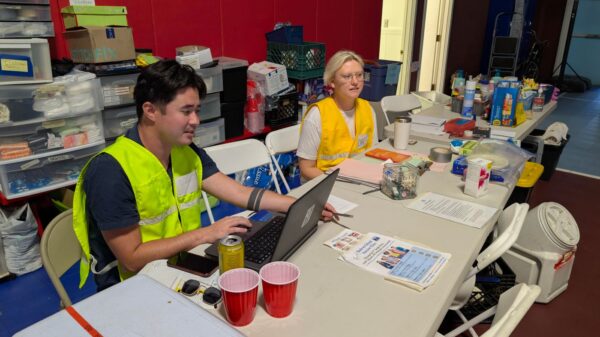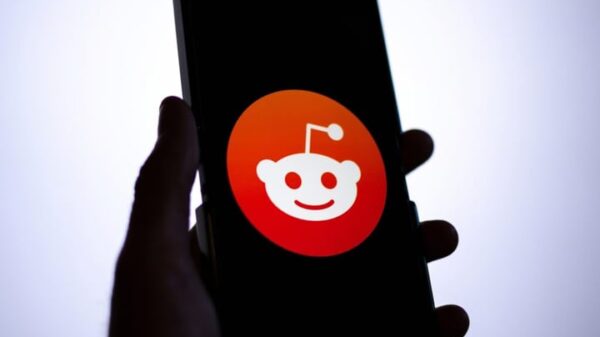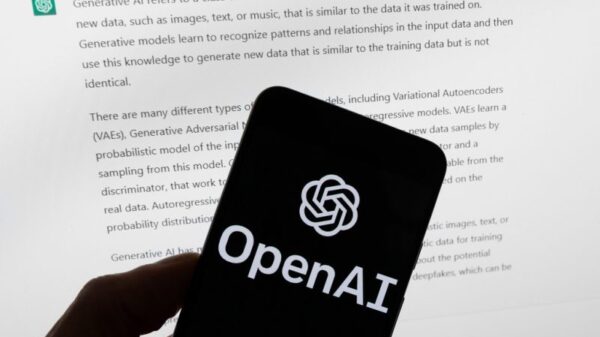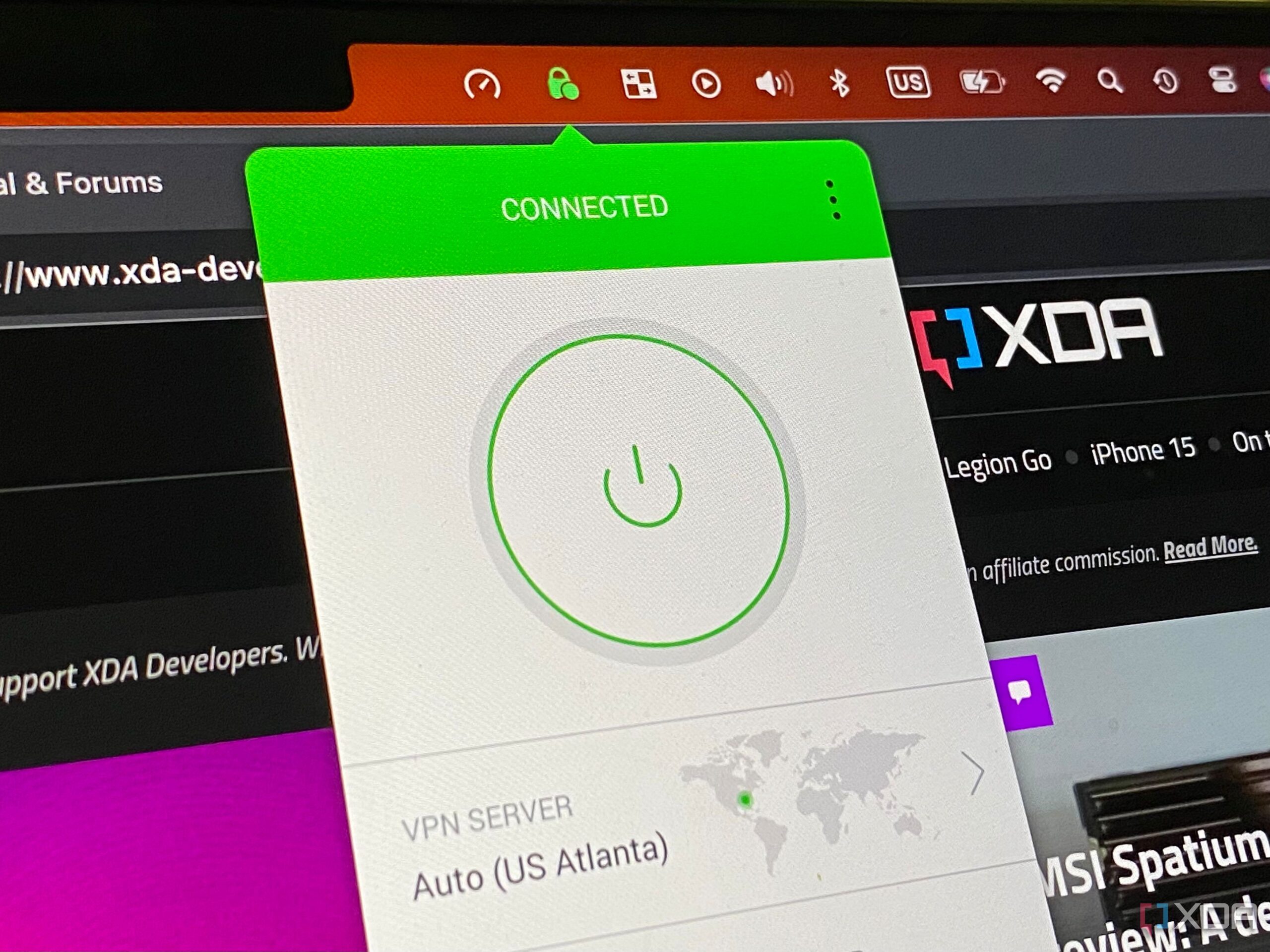URGENT UPDATE: New reports reveal how companies can detect your use of Virtual Private Networks (VPNs), despite their promise of privacy and anonymity. As VPN usage surges globally, organizations like Netflix and Bank of America have ramped up their efforts to identify and restrict access from these services, raising critical concerns about user privacy.
VPNs have become essential tools for bypassing censorship and accessing geo-restricted content. However, those utilizing VPNs may not realize their connection is often flagged. Authorities are employing a variety of detection methods that can compromise the very privacy VPNs aim to provide.
Key Detection Techniques:
1. **IP Address Blacklisting:** Companies maintain databases of known VPN IP addresses. If your connection matches an IP from these lists, access can be blocked. For instance, Netflix frequently uses this tactic, referencing IPs tied to data centers or known VPN servers, often leading to restrictions on content access.
2. **DNS Leaks:** If DNS requests are sent outside the VPN tunnel, websites can identify discrepancies. For example, if your IP indicates you’re in London but your DNS request resolves to a server in Ohio, it raises suspicion that you’re using a VPN.
3. **Deep Packet Inspection (DPI):** Governments and ISPs can analyze encrypted traffic patterns to determine VPN usage. While they can’t see the content, they can identify high volumes of traffic directed to a single, foreign server, suggesting VPN activity.
4. **Geolocation Mismatches:** Companies compare your IP’s geolocation with your profile’s expected location. A sudden switch from New York to Europe can trigger alarms within banking systems, leading to account locks.
These methods reflect a growing trend among businesses and governments to monitor VPN usage. As noted, Bank of America may outright block most VPN connections, forcing legitimate users to disconnect before accessing their accounts.
The implications are significant. In a world where online privacy is increasingly threatened, users must be aware of the limitations of VPNs. Companies like Netflix and major financial institutions are not just protecting their interests; they are navigating the complexities of security and fraud prevention, often at the expense of user experience.
What to Expect Next: As VPN technology evolves, so will detection methods. This ongoing “cat-and-mouse” game between VPN providers and detection systems highlights the need for users to stay informed. The growing sophistication of these techniques suggests that even as VPNs become more mainstream, the reality of online privacy remains fraught with challenges.
In a digital landscape where privacy conflicts with commercial interests, understanding how your VPN usage can be detected is crucial. As VPNs continue to rise in popularity, users must recognize that while they may obscure online activity, the fact that they are using a VPN may be evident to various entities.
Stay tuned for further developments as this story evolves and more information becomes available regarding VPN detection and user privacy. This is a developing issue that affects millions of internet users worldwide.





































































